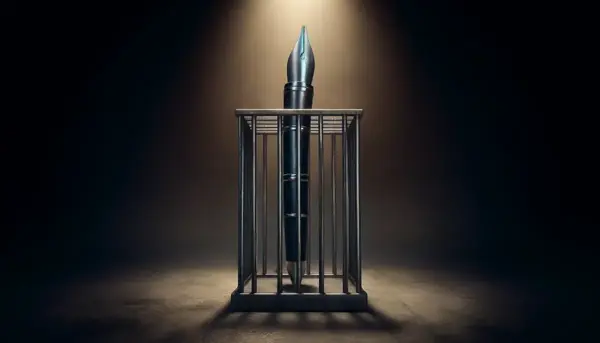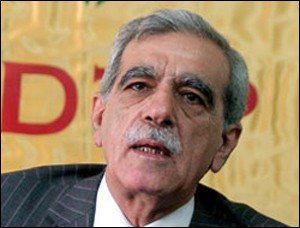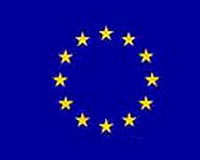"Changing Article 301 an Urgent Necessity"
In its yearly progress report on Turkey published every November, the European Union Commission this year focused on the slowing down of the reform process.
Urgent change of 301
Olli Rehn, the European Commissioner for Enlargement said in a press briefing after the publication of the report, "Article 301 must definitely change and without much delay. Reforms have slowed down because of political crises." He added that if responsibilities under eight chapters were not fulfilled, these chapters would not be opened.
EU expert Dr Cengiz Aktar told NTV that the EU commission is stuck between those countries who want Turkey and those who do not; as a result, the result is less hard on Turkey than expected.
ECHR applications on the increase
Nevertheless, there has been much to criticise. According to the report, Turkey has been found guilty of violating at least one article of the European Convention on Human Rights in 330 cases and was sentenced by the European Court of Human Rights (ECHR); compared to last year, there has been an increase in applications to the ECHR in the period 1 September 2006-31 August 2007. Two-thirds of the applications are concerned with fair trials and property rights.
Freedom of expresson limited
The report also criticised limitations of the freedom of expression, particularly as far as the media is concerned: "It is seriously worrying that statements of opinion which do not contain violence are prosecuted and punished by the Turkish Penal Code."
In 2006, twice the number of people than in 2005 were tried for expressing their opinion, and this rising trend has continued in 2007. More than half of the cases are brought under Article 301, which punishes "degrading Turkishness, the Republic, state institutions and the constitution."
Article 301, 215, 216, 217, 220, 288...
The report has called for Article 301 to be brought to European Union standards. In addition, the report pointed out that other articles are being used in order to limit the expression of non-violent opinions, namely Article 215 ("praising a crime and criminals"), Article 216 ("inciting the public to hatred and hostility or degrading someone"), Article 217 ("illegal incitement"), Article 220 ("founding an organisation with the intention of committing a crime") and Article 288 ("attempting to influence the judiciary").
The Anti-Terrorism Law has also been criticised for its potentially worrying effects on the freedom of expression.
Dink murder trial needs extensive investigation
The EU report also covered the sense of solidarity which developed in Turkish society after the murder of Agos newspaper's editor-in-chief Hrant Dink on 19 January, but also pointed to the support which the murder suspects have been given. It called for a wide investigation in the murder trial which should also consider the negligent atttitude of the police.
Auto-censorship among writers
Threats which human rights activists, journalists academics have been exposed to have led to an atmosphere of "auto-censorship", said the report. It also gave the example of the Nokta magazine, which, after reporting news on the army, was raided by the police on demand of the General Staff Military Prosecution. The magazine was closed by its owner in April.
Military and police criticised
The report also criticised a memorandum by the General Staff which called for a ban at military briefings and a denial of accreditation of critical journalists. This, so the report, has brought a limitation of free reporting on military issues.
The police force has also been criticised for using excessive force, particularly during the 1 May protests, at which 700 people were arrested.
Detention centres not inspected
According to the report, there are still complaints about torture and maltreatment during detention, particularly in inofficial detention centres; there is currently no independent national monitoring foundation which could inspect detention centres as foreseen by the Optimal Protocol of the United Nation's Convention against Torture. (EÖ/AG)
BİA MEDIA MONITORING REPORT 2024
The government made journalists' lives a living hell in 2024
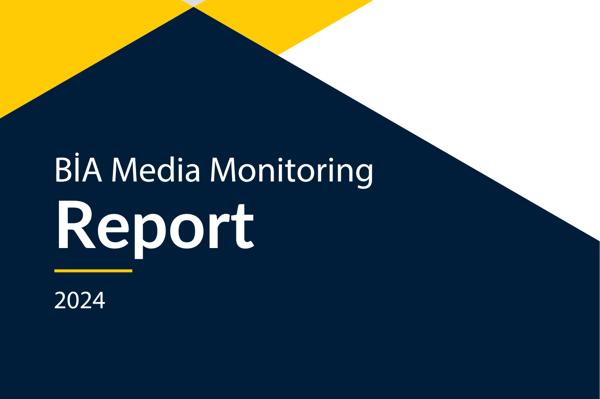
BİA MEDIA MONITORING/OCTOBER-NOVEMBER-DECEMBER 2024
Truth concealed through repression from all sides targeting journalists
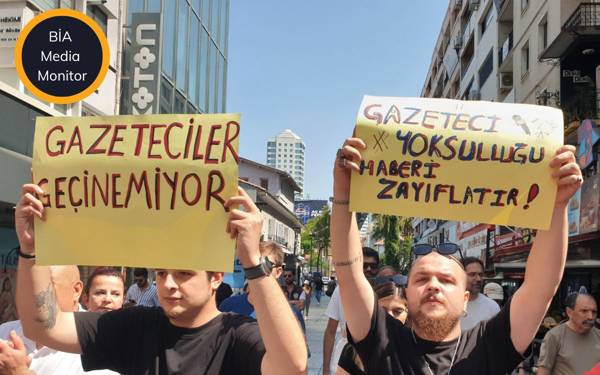
BİA MEDIA MONITORING REPORT
Just silence the journalist, and I won't touch you!
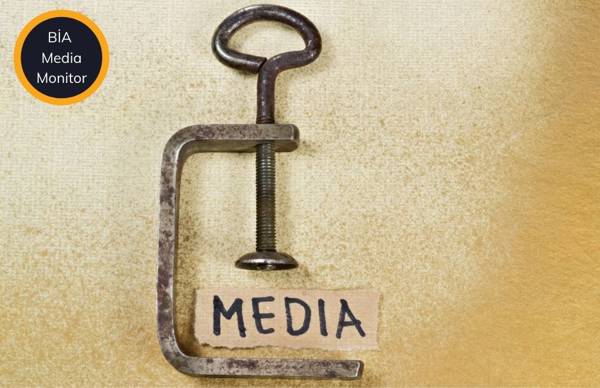
BİA MEDIA MONITORING APRIL-MAY-JUNE 2024
Journalists are on the target and have no legal security anymore!
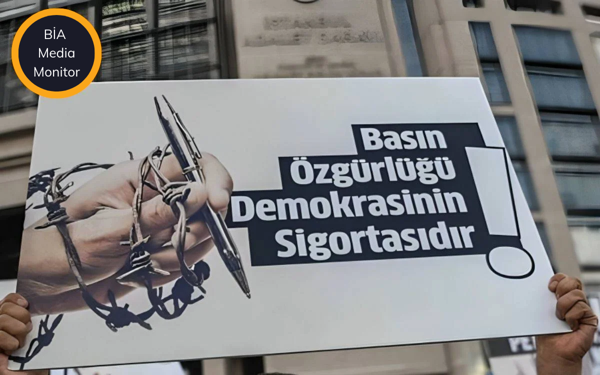
BİA MEDIA MONITORING REPORT
The era of 'judicial control' confinement and torture in journalism
